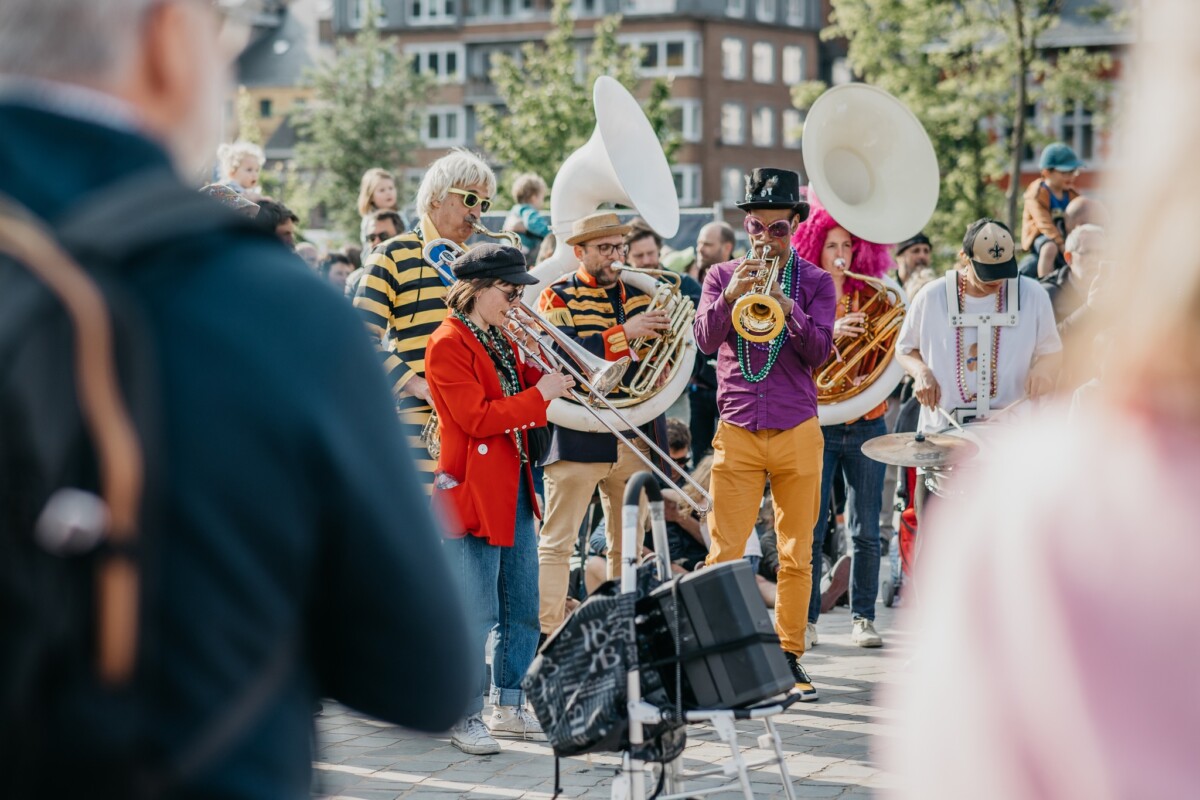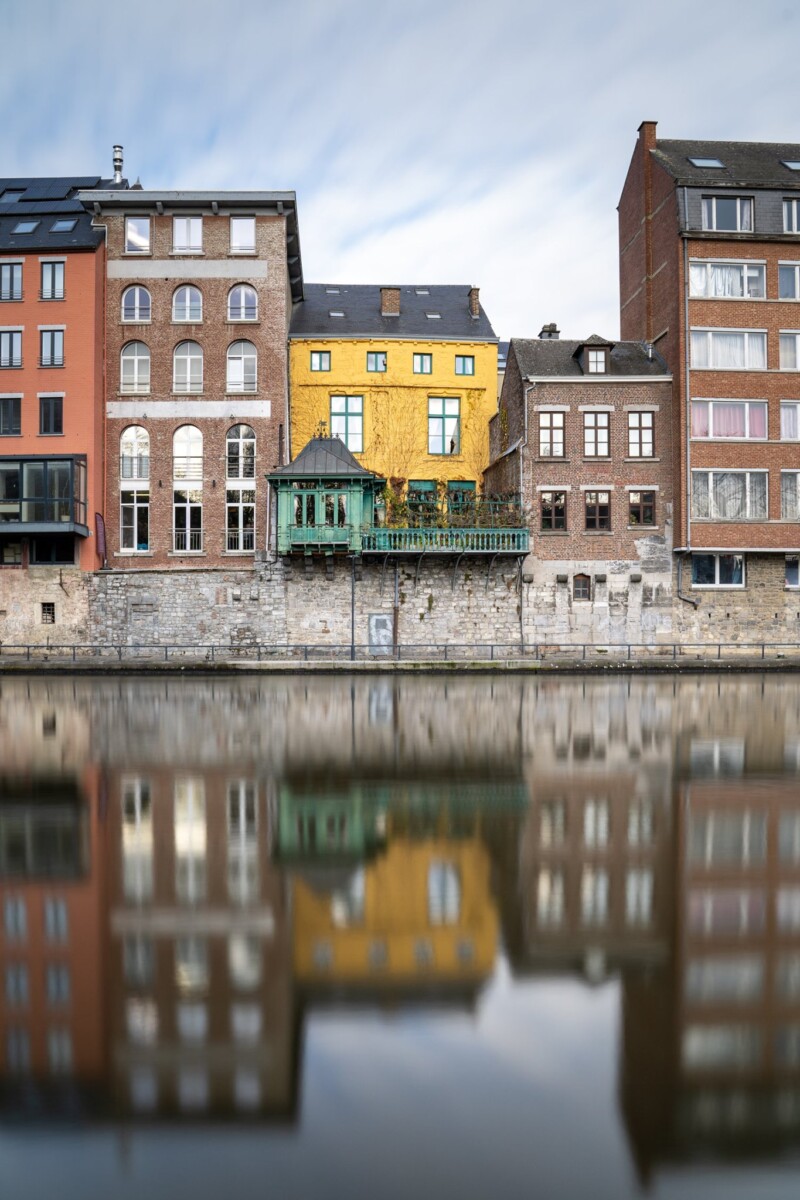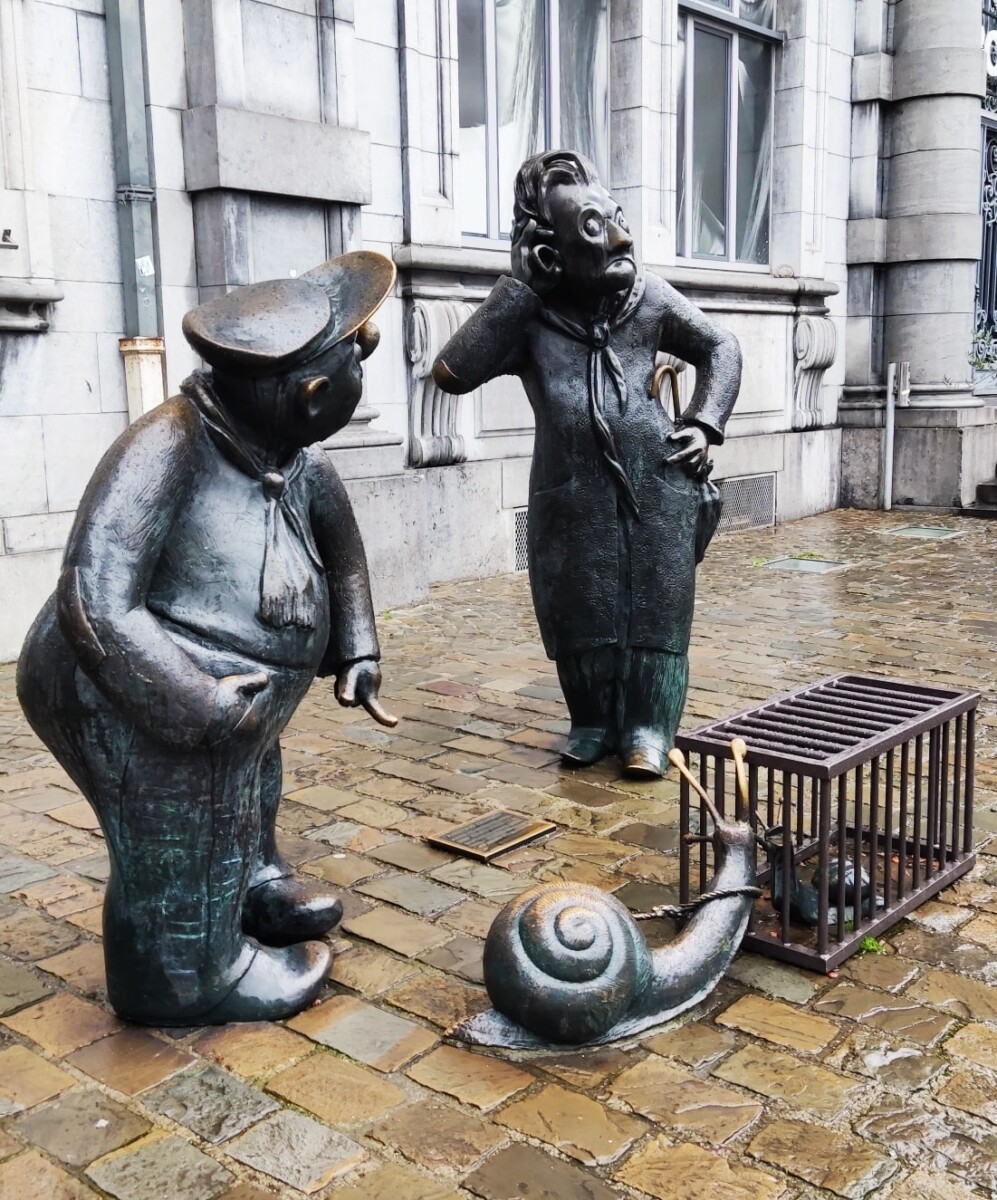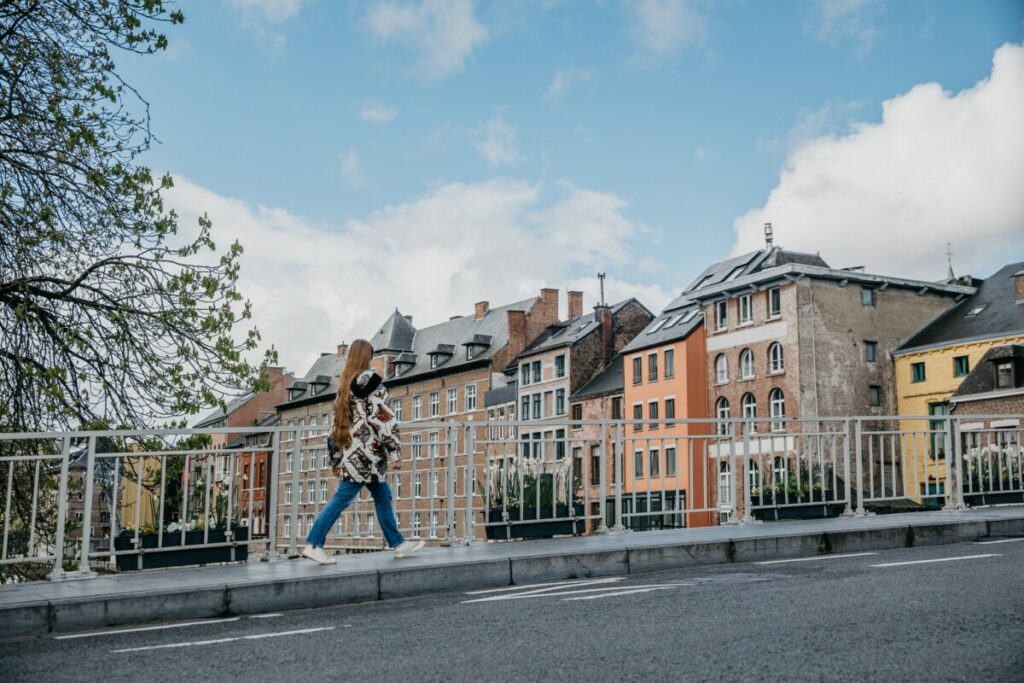What is a European Capital of Culture?
Every year, the European Commission honours two or three European cities by awarding the European Capital of Culture label. In 2030, a Belgian city will be named European Capital of Culture alongside a city in Cyprus.
For one year, the selected cities can promote their heritage and cultural dynamism through a wide range of events and cultural gatherings that will have an impact on the region for many years to come, helping to attract tourists and boost the region’s economy.


WITH AND FOR THE REGION
Mainly awarded to so-called “resilient” cities, which know how to build on their weaknesses and crises to set ambitious long-term goals, this label enables culture to be seen as an accelerator serving the transformation of the region.
Becoming a European Capital of Culture is a collective project serving all those who live in and give life to an area.
Since the programme began in 1985, more than 60 cities have already been awarded the label, including four Belgian cities: Antwerp (1993), Brussels (2000), Bruges (2002) and Mons (2015).


TO 2030 AND BEYOND
Becoming a European Capital of Culture is a transformative ambition for an entire region: it’s not just a question of organising a ‘festive year’ or devising a new cultural project; it’s a more ambitious approach at the service of an entire region and its future generations.
The title of European Capital of Culture will make it possible to consolidate the actions undertaken over the last ten years in the region and to implement new, stimulating and unifying projects, with a view to 2050, the year in which the EU is expected to have achieved zero carbon emissions.

